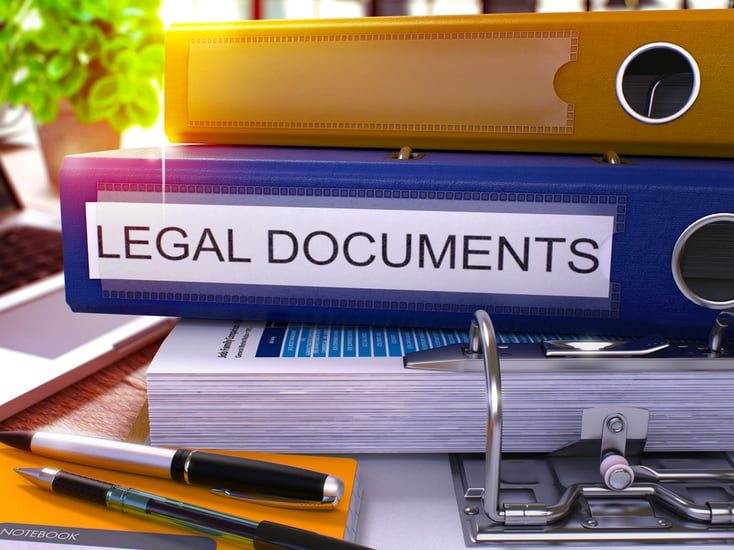Mortgage Loan Documents
6 You’ll need Applying for a mortgage loan can be pretty time-consuming. One way to simplify the process, and perhaps even speed it up, is to get all of your paperwork ready in advance. While every bank is a little different, most banks do have the same general requirements when it comes to documentation. Here are the six key documents to gather as you prepare to apply for a mortgage.
Applying for a mortgage loan can be pretty time-consuming. One way to simplify the process, and perhaps even speed it up, is to get all of your paperwork ready in advance. While every bank is a little different, most banks do have the same general requirements when it comes to documentation. Here are the six key documents to gather as you prepare to apply for a mortgage.
- Photo ID
Before they'll issue you a mortgage, a bank needs to know you are who you say you are. You can usually provide a driver's license as an official photo ID. A passport will work, too. - Credit Report
Most banks will simply have you sign a document authorizing them to access your credit report and credit history. However, you should still look up your own credit history before you apply for a mortgage. Make sure everything on the report is accurate, and contact the credit reporting bureau if there are any inaccuracies. Feel free to print out a copy of the report to give to the bank. This may help speed things up, although many banks will still independently access your credit report to ensure it is accurate. - Bank Statements
There are a few reasons why a lender will require bank statements when you are applying for a mortgage. For one, they need to verify that you have funds for a down payment. Also, they need to make sure you are not obtaining money from any outside sources, like a family member. It's okay for a family member to give you money towards the purchase of your home, but it has to be reported as a gift on your mortgage application. Looking over your bank statements allows the mortgage lender to make sure any gifts are properly reported and accounted for. - Proof of Income
The bank will need proof of your income in order to determine how much you're eligible to borrow. If you work a traditional job, then a W-2 or payroll statements from the past few months generally serve as proof of income. If you are self-employed, then your business profit and loss statements, direct deposit records, and 1099s should be filed with the bank. Most banks want to see two years' proof of self-employment income in order to approve a mortgage loan application. - Tax Returns
In order to get a full picture of your financial situation and financial history, the lender will ask for your tax returns. Generally, they will ask for two years of tax records. If you do not have these on-hand, the mortgage lender will have you fill out a form authorizing them to obtain your tax records from the IRS. However, it is much faster for you to just provide these records if you have them. - Rental History
Proof that you are a good tenant who has always paid rent on time will help you secure a mortgage. Banks have different requirements when it comes to documentation of your rental history. Some will want a letter from your landlord, stating that you've paid on time. Others may want to see a year's worth of cashed rent checks or a copy of your lease agreement.
If you gather all of this information before you start applying for mortgage loans, you'll have a good head start. The bank may tell you that you need a few other documents, depending on your situation. However, having these major documents on hand will simplify the process and save you some time.